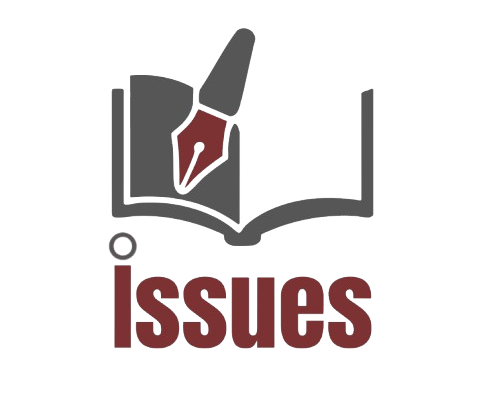To produce robust, influential work, researchers, policy practitioners, and students must stay current on the most recent literature, data tools, and learning opportunities. We’ve highlighted key texts, statistics, and courses in this resource compilation to help you learn more about political science and public policy.
1. Recommended Readings
Books:
- The Public Administration of Economic Development by I. Swerdlow – Offers insight into how public administration shapes economic policies.
- Turkish Public Administration: From Tradition to the Modern Age by N. Kapucu & H. Palabiyik – Explores the evolution of public administration in Turkey with comparative insights.
- Handbook of Comparative & Development Public Administration by William J. Stiffin – Comprehensive guide to comparative public administration theories and practices.
Journals & Articles:
- Governance – Focuses on policy studies, public administration, and comparative politics.
- Public Administration Review – Key resource for contemporary challenges in governance and administration.
- Policy & Society – Explores the intersection of policy-making, implementation, and social outcomes.
2. Policy Analysis Data Tools
Analysis of Quantitative Data:
– Popular programs for statistical analysis in policy research include Stata, R, and SPSS.
– The World Bank Data Portal provides a wealth of economic, development, and governance datasets.
– For cross-national comparisons of social, economic, and political indices, OECD data is helpful.
Analyzing qualitatively:
– NVivo: Aids in the coding and analysis of qualitative data, such as policy documents and interviews.
– Another tool for managing multimedia and textual material for thematic analysis is Atlas.ti.
Maps and Visualization:
– Complex policy datasets can be interactively visualized with Tableau.
– Urban policy, development, and governance may all be spatially analyzed with ArcGIS.
3. Learning platforms and online courses
Low-cost or free options:
– Coursera’s Specialization in Public Policy Analysis provides information on how to evaluate, model, and implement policies.
– The goal of edX, Data for Policy Analysis, is to use data to support evidence-based policy.
– FutureLearn’s Global Governance course examines comparative governance and the function of international institutions.
Programs at Universities:
– Short courses in public leadership, governance, and policy creation are available online through the Harvard Kennedy School.
– Theory, useful tools, and policy case studies are all combined in the London School of Economics’ online certificate program in public policy.
Why Resource Roundups Matter?
It’s not just convenient to keep track of suggested books, data tools, and online courses; it’s strategic. By carefully selecting your sources:
1. You save time and concentrate on reliable, high-quality content.
2. You are exposed to cross-regional approaches and examples.
3. You maintain your competitiveness in professional development, policymaking, and research.
Final Remarks
These carefully chosen resources offer a path to development and influence, whether you are a researcher looking for fresh analytical tools, a student looking to solidify your foundation, or a policymaker negotiating difficult governance issues.
At ISSUES, we think that creating well-informed, evidence-based policies requires access to the appropriate resources and ongoing learning.


